Introduction: Embracing Change in a Rapidly Evolving World
In today’s fast-paced world, the rise of artificial intelligence (AI) is reshaping everything from how we work to how we live. Imagine a time when machines could think, learn, and even create—well, that time is now. The AI era isn’t just a buzzword; it’s a reality that’s transforming industries at lightning speed. But here’s the good news: with lifelong learning and strategic upskilling, you can not only keep up but thrive.
Lifelong learning means committing to continuous education throughout your career, adapting to new technologies and trends. In the AI era, upskilling—gaining new skills or enhancing existing ones—becomes your secret weapon to future-proof your career. Why? Because AI is automating routine tasks, but it’s also creating demand for human skills like creativity, emotional intelligence, and problem-solving.
Think about it: according to reports from organizations like the World Economic Forum, by 2025, AI could displace 85 million jobs but create 97 million new ones. The key to navigating this shift? Proactive learning. This article dives deep into why lifelong learning matters, how AI is changing the job landscape, essential skills to master, practical strategies, resources, challenges, and real-world success stories.
Whether you’re a recent graduate, mid-career professional, or seasoned expert, embracing upskilling can open doors you never imagined. Let’s explore how you can turn the AI revolution into your personal career booster.
Understanding the AI Era: What It Means for You
The AI era marks a pivotal shift where intelligent systems are integrated into daily life and work. From chatbots handling customer service to algorithms predicting market trends, AI is everywhere. But what does this mean for your career?
At its core, AI involves machines performing tasks that typically require human intelligence, like recognizing patterns or making decisions. Technologies such as machine learning, natural language processing, and robotics are driving this change. For instance, in healthcare, AI assists in diagnosing diseases faster than ever.
However, the AI era isn’t about replacing humans—it’s about augmentation. Jobs are evolving; roles that involve data analysis, for example, now require understanding AI tools to interpret results more efficiently.
The pace is staggering. Experts predict that by 2030, AI could contribute $15.7 trillion to the global economy. This growth means opportunities, but also disruption. Sectors like manufacturing, retail, and finance are seeing automation rise, pushing workers to adapt.
To future-proof your career, recognize that AI favors those who learn continuously. Lifelong learning in this context isn’t optional—it’s essential. By understanding AI’s basics, you position yourself as an asset, not a liability.
Start small: read about AI trends or take a free online course. The goal is awareness, leading to informed upskilling decisions.
The Importance of Lifelong Learning: Building Resilience
Lifelong learning is the mindset of never stopping your education, and in the AI era, it’s your ticket to career longevity. Why is it so crucial? Simply put, the half-life of skills is shrinking. What you learned five years ago might be obsolete today due to AI advancements.
Consider this: in a world where AI handles repetitive tasks, human value lies in adaptability. Lifelong learning fosters resilience, helping you pivot when industries change. It boosts employability—employers seek candidates who demonstrate a growth mindset.
Moreover, upskilling enhances job satisfaction. Learning new things keeps work exciting and prevents stagnation. Studies show that continuous learners report higher engagement and lower burnout rates.
In the AI context, lifelong learning means staying ahead of automation. For example, a marketer who learns AI-driven analytics can optimize campaigns better than one relying on traditional methods.
But it’s not just professional—personal growth follows. Skills like critical thinking transfer to life outside work.
To embrace it, set learning goals. Dedicate time weekly to new knowledge. The payoff? A future-proof career where you’re not just surviving, but leading the change.
How AI is Changing Jobs: Opportunities and Challenges
AI is revolutionizing the job market, creating both excitement and uncertainty. On one hand, it’s automating mundane tasks, freeing humans for higher-level work. On the other, it’s displacing roles that rely on routine processes.
Take manufacturing: AI-powered robots assemble products faster, reducing the need for manual labor. In offices, AI tools like automated reporting software handle data entry, shifting focus to strategy.
Challenges include job loss in sectors like transportation (self-driving vehicles) and customer service (chatbots). However, opportunities abound. New roles emerge, such as AI ethicists, data scientists, and prompt engineers—who craft inputs for AI systems.
The World Economic Forum estimates that 40% of core skills will change by 2027. This underscores the need for upskilling to bridge gaps.
Positively, AI democratizes access. Remote workers use AI for collaboration, expanding global opportunities.
To navigate this, assess your role: Is it automatable? If yes, upskill in complementary areas like AI integration.
Ultimately, AI changes jobs but doesn’t eliminate the need for humans. With lifelong learning, you turn challenges into stepping stones.
Key Skills to Upskill In: What to Focus On Now
In the AI era, certain skills stand out as future-proof. Prioritize those that AI can’t replicate easily, blended with tech-savvy ones.
First, digital literacy: Understand AI basics, like how algorithms work. This foundation helps in any field.
Data analysis is huge—AI generates vast data, but humans interpret it. Learn tools like Python or Excel advanced features.
Creativity and innovation: AI excels at patterns, but original ideas come from you. Upskill through design thinking workshops.
Emotional intelligence (EQ): Building relationships, empathy—these are irreplaceable. Courses on leadership can help.
Problem-solving: Complex issues require human nuance. Practice with real-world scenarios.
Technical skills: Machine learning, cybersecurity, or cloud computing. Platforms like Coursera offer certifications.
Soft skills like adaptability and communication pair well with tech. For example, a developer with strong teamwork thrives in AI projects.
Tailor to your industry: Healthcare pros might learn AI for diagnostics; educators, AI teaching aids.
Start with self-assessment: Identify gaps, then choose one skill to master. Consistent upskilling ensures you’re indispensable.
Strategies for Effective Upskilling: Practical Steps
Upskilling doesn’t have to be overwhelming. Here are actionable strategies to make lifelong learning a habit in the AI era.
Set clear goals: Define what you want—e.g., “Learn AI ethics in three months.” Use SMART criteria for measurability.
Create a learning plan: Allocate time daily or weekly. Mix formats: online courses, podcasts, books.
Leverage micro-learning: Short sessions fit busy schedules. Apps like Duolingo-style for skills work well.
Join communities: Forums like Reddit’s r/MachineLearning or LinkedIn groups offer insights and networking.
Apply knowledge immediately: Theory sticks when practiced. If learning coding, build a small AI project.
Track progress: Journals or apps help monitor growth and adjust.
Seek mentorship: Connect with experts via platforms like MentorCruise.
Balance with rest: Avoid burnout by integrating learning into routines, like during commutes.
Incorporate AI tools: Use chatbots for personalized learning paths.
Remember, consistency over intensity. Small steps lead to big career-proofing wins.
Tools and Resources for Learning: Your Toolkit
Equipping yourself with the right tools accelerates upskilling in the AI era. Here’s a curated list for lifelong learners.
Online platforms: Coursera and edX offer AI courses from universities like Stanford. Free audits available.
Khan Academy: Great for basics in math and programming, foundational for AI.
LinkedIn Learning: Affordable, with certificates that boost resumes.
Books: “Life 3.0” by Max Tegmark explores AI’s future; “Hands-On Machine Learning” for practical skills.
Podcasts: “AI in Business” or “The AI Podcast” by NVIDIA keep you updated.
AI-specific tools: Google Colab for free coding practice; ChatGPT for interactive learning.
Communities: Stack Overflow for tech queries; Meetup.com for local AI groups.
Certifications: Google’s AI Essentials or IBM’s AI Engineering.
Free resources: MIT OpenCourseWare provides full courses.
Track with apps like Notion for organizing notes.
Choose based on your level—beginners start broad, advanced dive deep. These resources make future-proofing accessible and engaging.
Overcoming Challenges in Lifelong Learning: Staying Motivated
Lifelong learning sounds ideal, but challenges arise in the AI era. Time constraints top the list—balancing work, life, and study is tough.
Solution: Prioritize. Integrate learning into daily routines, like listening to podcasts while exercising.
Motivation dips: Set rewards for milestones, or buddy up with a learning partner.
Information overload: AI topics are vast. Focus on one area at a time, using curated resources.
Cost barriers: Many quality courses are free or low-cost. Scholarships exist for paid ones.
Fear of failure: View mistakes as growth. Start with low-stakes projects.
Tech intimidation: Begin with user-friendly tools; no need to code from day one.
Burnout: Take breaks, practice self-care.
Age myths: Learning isn’t just for young—anyone can upskill.
By addressing these, you build resilience. Remember, every expert started as a beginner. Persistence future-proofs your career.
Success Stories: Real People Thriving with Upskilling
Inspiring tales show how upskilling in the AI era transforms careers.
Take Sarah, a former journalist. As AI automated news aggregation, she upskilled in data journalism via online courses. Now, she leads AI-driven content teams at a major media firm, boosting her salary by 40%.
John, an accountant, feared automation. He learned Python and AI auditing tools through Coursera. Today, he’s a sought-after consultant, helping firms integrate AI ethically.
Maria, in marketing, pivoted to AI personalization. Self-taught via YouTube and books, she founded a startup using AI for targeted ads, scaling it to millions in revenue.
These stories highlight common threads: curiosity, action, and application. They didn’t wait for change—they embraced lifelong learning.
You can too. Identify your path, start small, and watch opportunities unfold.
Conclusion: Your Path to a Future-Proof Career
The AI era is here, bringing transformation and opportunity. Lifelong learning and upskilling are your shields against obsolescence, turning potential threats into career advancements.
We’ve explored AI’s impact, key skills, strategies, resources, challenges, and successes. The message is clear: commit to growth, and you’ll not only survive but excel.
Start today—assess your skills, pick a resource, set a goal. Whether it’s a course on AI ethics or mastering data tools, every step counts.
Remember, future-proofing isn’t about predicting the future; it’s about preparing for it. Embrace the journey, stay curious, and watch your career soar in this exciting AI world.
See Also
-
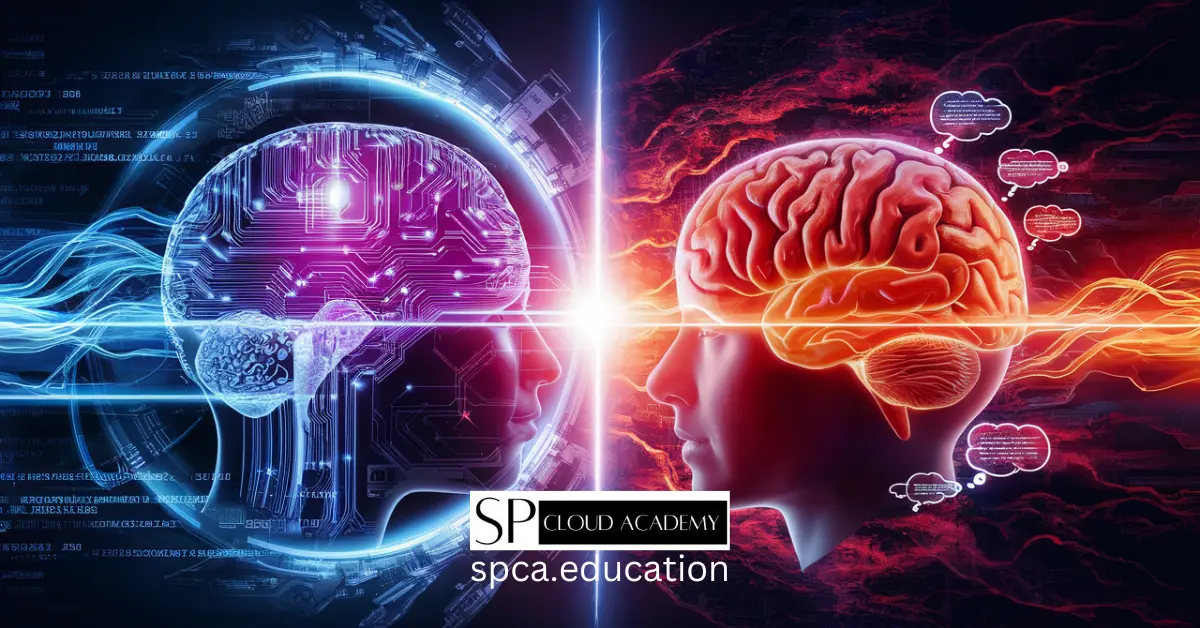
AI vs. The Mind: The Ultimate Battle Between Machine and Thought
-
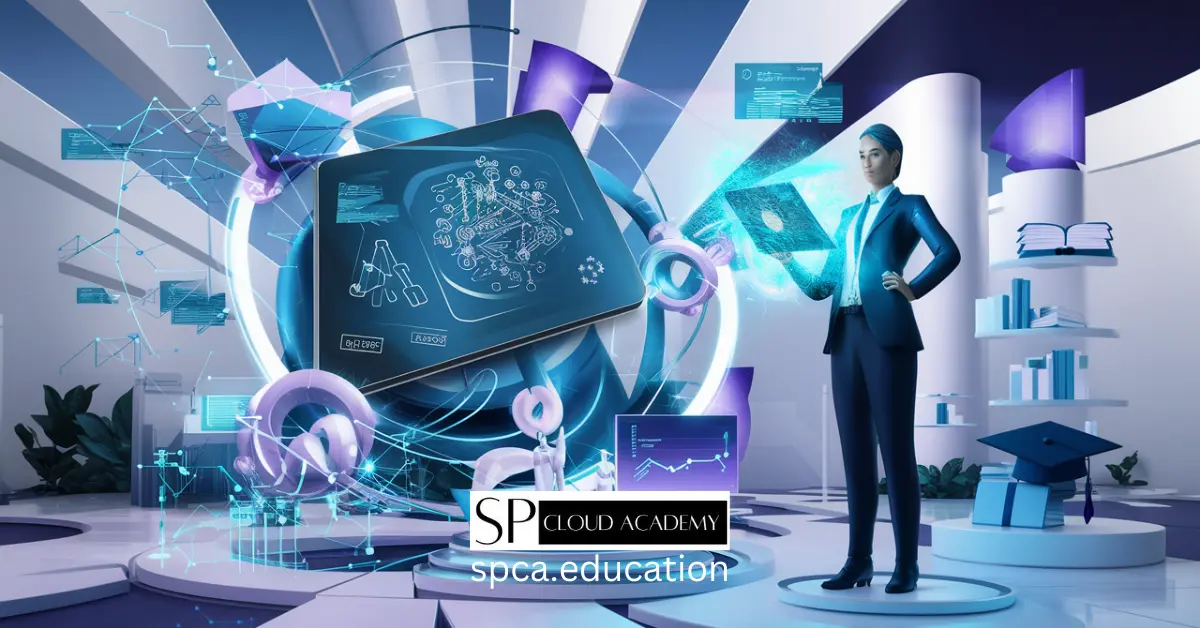
Lifelong Learning in the AI Era: How Upskilling Can Future-Proof Your Career
-
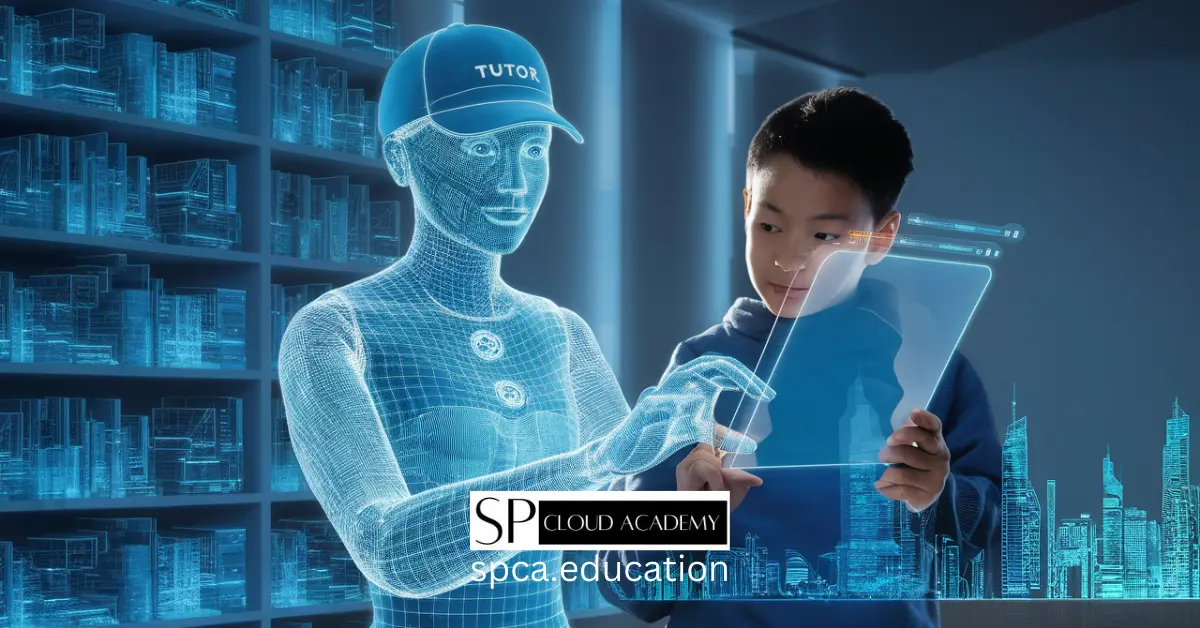
Personalized AI Tutoring Tools: The Future of Smarter Learning
-
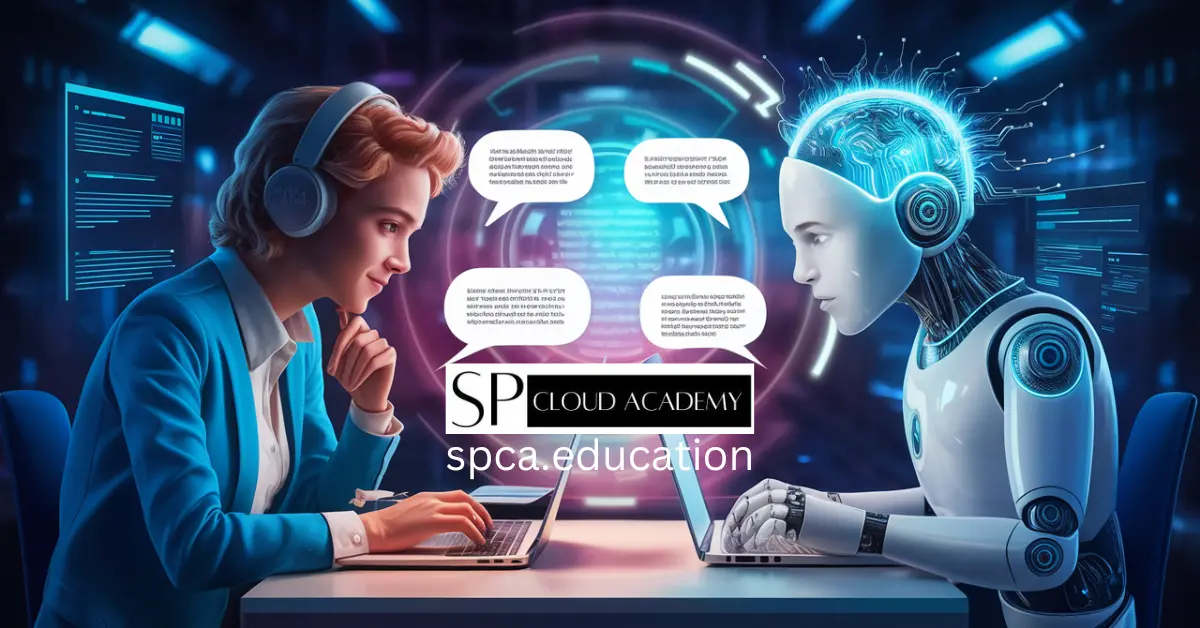
Blogging vs. AI: Who Owns the Future of Online Content? A Deep Dive
-
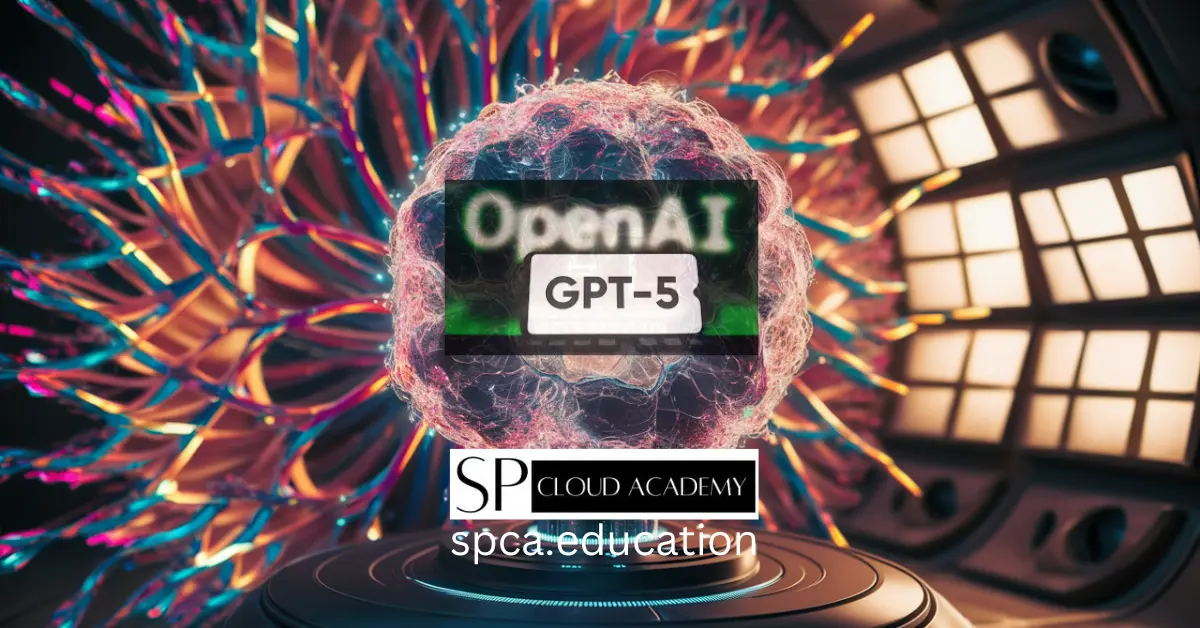
Why GPT-5 Might Be the Most Intelligent AI Ever Created
-
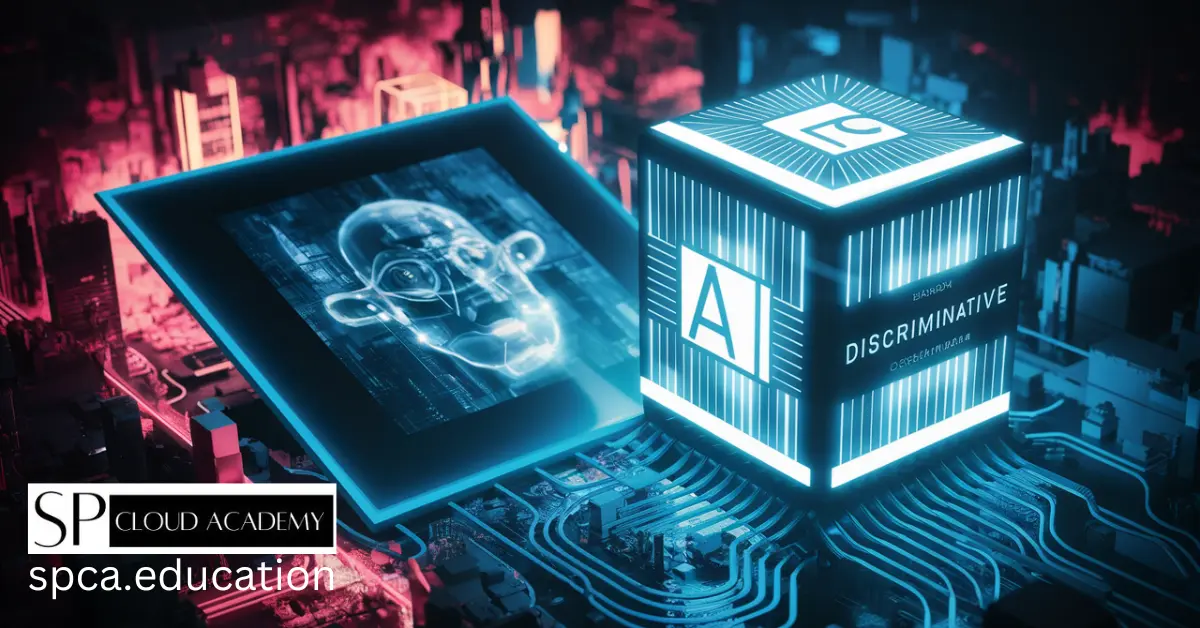
Unlocking the Power of Discriminative AI: The Future of Intelligent Decision-Making
-

Unlocking Creativity: The Fundamentals of Generative AI Explained
-

Traditional Web Surfing vs AI: Who Wins the Battle for Your Attention?
-

Stay Ahead of the Curve: 9 AI Skills That Set You Apart in 2025